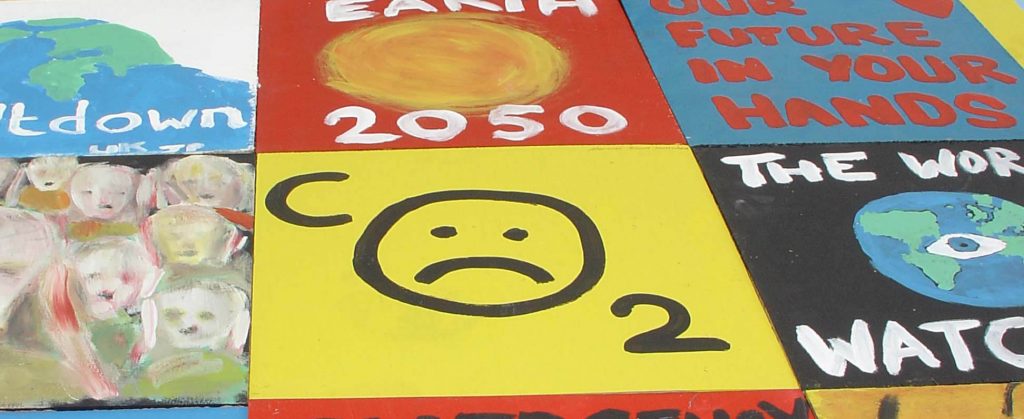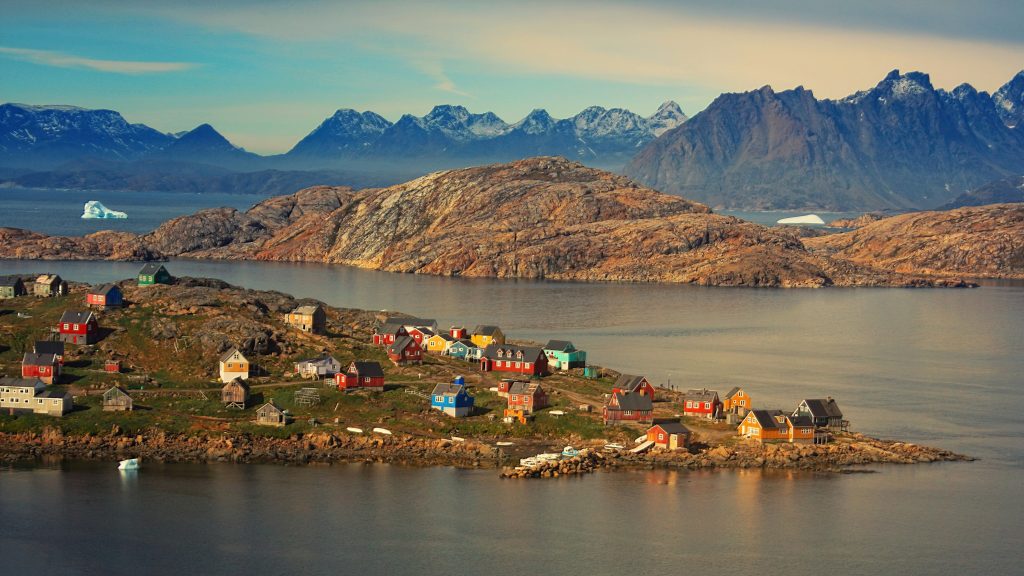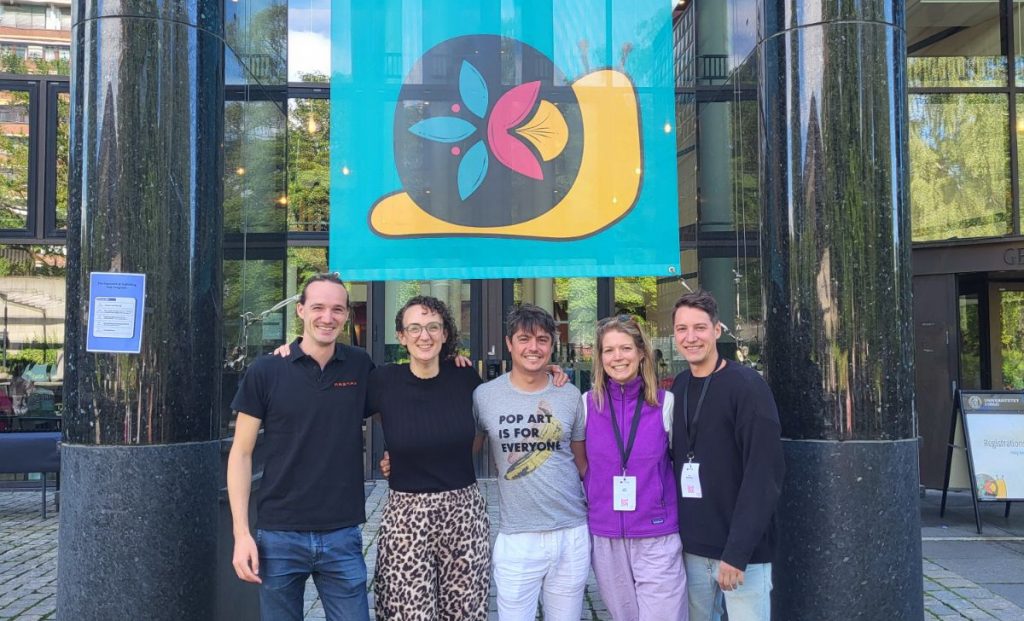Brussels, 8 March 2006 – Old fashioned and backward looking – a so-called new EU energy policy grounded in the days of the dinosaurs. This is the verdict of Friends of the Earth Europe on the EU’s Energy Plan to be published later today.
Jan Kowalzig, energy campaigner at Friends of the Earth Europe in Brussels, said:
“The EU Commission is missing an opportunity to lead a revolution in how we produce and consume energy. Europe should invest heavily in energy saving technologies and in renewables like solar and wind power, instead of clinging to fossil fuels and nuclear a policy grounded in the days of the dinosaurs.”
The EU Commission’s Green Paper [1] lists six priority areas:
- an EU external policy to secure long-term oil and gas imports into the EU
- securing energy supply through a diverse energy mix
- an internal EU energy supply policy
- tackling climate change
- encouraging innovation through a Strategic Energy Technology Plan
- completing internal European electricity and gas markets
Jan Kowalzig continues:
“The EU’s focus on energy security is understandable. But oil from the volatile Middle East and gas from authoritarian-ruled Russia makes Europe vulnerable. The most effective way to secure energy supply is to cut down energy waste first — and to produce energy from renewable sources in Europe. Climate change cannot be halted with yet more oil and gas consumption.
Europe can save 20 per cent of its energy consumption at no cost, equivalent to foreign gas imports worth 60 billion this should be made a binding objective to guide our energy policy. [2]
The EU’s Green Paper aims to ignite a new debate about nuclear power, the most dangerous form of energy, despite the unsolved problems of waste treatment and the risk of nuclear accidents.
Jan Kowalzig notes:
Nuclear Power is environmentally and financially insane. Every Euro spent on new nuclear power could save ten times more emissions if invested in energy conservation measures thus securing energy supply ten times cheaper.[3]
Friends of the Earth Europe identifies five priority areas where the EU needs to take action to make Europe’s energy more sustainable:
EFFICIENCY: Europe needs a binding target to cut energy consumption by 20% through increasing efficiency, thereby also reducing energy costs for households and industry and curbing greenhouse gas pollution.
-
RENEWABLES: By 2020, Europe should meet 25% of its primary energy demand from renewable sources, making Europe less dependent from imported fossil fuels and also reducing the hidden costs of conventional power generation.
-
TRANSPORT: Europe must reverse the unsustainable growth trends in the transport sector that not only uses up 70-80% of all oil imports into the EU but also accounts for about a third of Europe’s total energy use.
-
NUCLEAR POWER: Phase out expensive and dangerous nuclear energy that can not survive in a liberalised energy market, especially if the high costs of decommissioning and the long-term waste storage for thousands of years are taken into account.
-
SUBSIDIES: Remove perverse subsidies that keep dirty energy artificially cheap in comparison to its renewable competitors.
***
Notes
[1] The “Green Paper on Sustainable, Secure and Competitive Energy Supply” will be available from http://europa.eu.int/comm/dgs/energy_transport/index_en.html. With the release of the Green Paper, the EU Commission aims to trigger a debate on the long-term strategy to secure energy supply in Europe, after which the Commission will table concrete proposals for action. aims to trigger a debate.
[2] Green Paper on Energy Efficiency: Doing more with less; European Commission 2005; available at http://europa.eu.int/comm/energy/efficiency/index_en.htm
[3] The high costs of nuclear power result from not only the costs of constructing and operating the plant, but also waste treatment and storage for thousands of years and the costs of decommissioning the plant at the end of its life-span. See Nuclear power: economics and climate protection potential: Rocky Mountains Institute; January 2006; available at http://www.rmi.org. A recent Eurobarometer poll shows the only 12% of Europeans believe that developing the use of nuclear energy would give a satisfactory answer to the current challenges of security of energy supply, growth of energy consumption and climate change. See http://europa.eu.int/comm/public_opinion/archives/ebs/ebs_247_en.pdf







